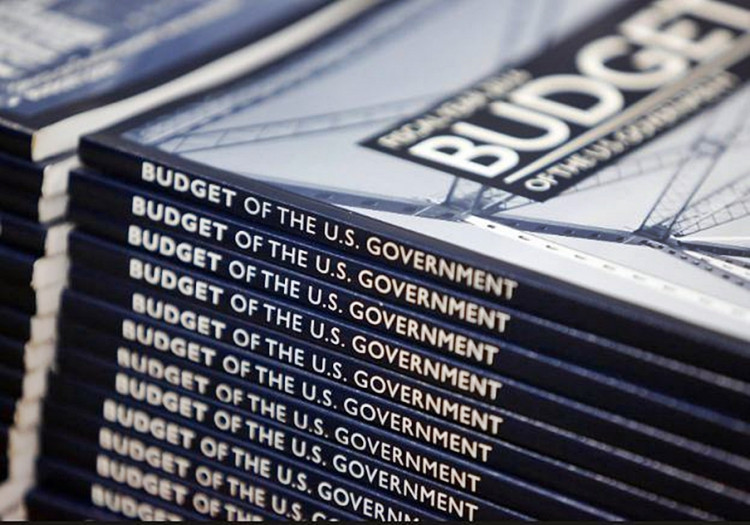The price of making rich Americans like President Donald Trump richer has been to skyrocket the United States' deficit for the fiscal year 2018 to $779 billion, the highest level since 2012. And the Republican Party says middle-class and poor Americans are to blame for this disaster.
True to predictions, the Republican Party's budget-killing Tax Cuts and Jobs Act of 2017 exploded the budget deficit, which is on track to exceed $1 trillion by the end of the 2019 fiscal year. The U.S. Department of the Treasury said the Republican-led tax cuts slashed federal revenues even as expenses rose on a growing national debt.
Economists said such a massive increase is unheard of in a strong economy with robust job growth and low unemployment. The non-partisan Congressional Budget Office (CBO) projects the budget deficit will swell to over $1 trillion in the 2019 fiscal year and will continue growing indefinitely.
The never-ending deficits will increase the national debt to nearly $29 trillion by 2028 from almost $16 trillion today.
Mitch McConnell, the Republican leader of the Senate, blamed the massive deficit on Social Security, Medicare, and Medicaid. He effectively blamed middle-class and poor Americans who hardly benefited from the Tax Cuts and Jobs Act for this fiasco.
The dishonest McConnell made no mention of Tax Cuts and Jobs Act that overwhelmingly benefited the rich and increased military spending for the deficit. Analysts estimate the tax cuts will cost the federal government more than $2.3 trillion over 10 years.
Much of the huge deficit was the result of more spending on interest payments on the national debt. Borrowing has also risen over the past year to make up for slower growth in tax revenues because of the tax cuts. The unnecessary boost to military spending has worsened this scenario.
The Bipartisan Policy Center called the huge deficit "a wake-up call" for policymakers to turn things around. It said the fact the federal government is closing in on trillion-dollar deficits in the midst of an economic expansion should be a serious issue for voters and candidates.
America's booming economy hasn't boosted government revenues, contrary to Republican claims.
Economists highlighted the grave injury done to the U.S. government's fiscal position by the Tax Cuts and Jobs Act. They pointed out that In 2000 when the unemployment rate was last at 3.9% (similar to the rate today), the federal government recorded its third year of budget surpluses.
That was true in 1969, as well, even in the midst of the Vietnam War. During these war-torn years, spending remained under budget. At the time, the unemployment rate was in its fifth year of 4% or less.






